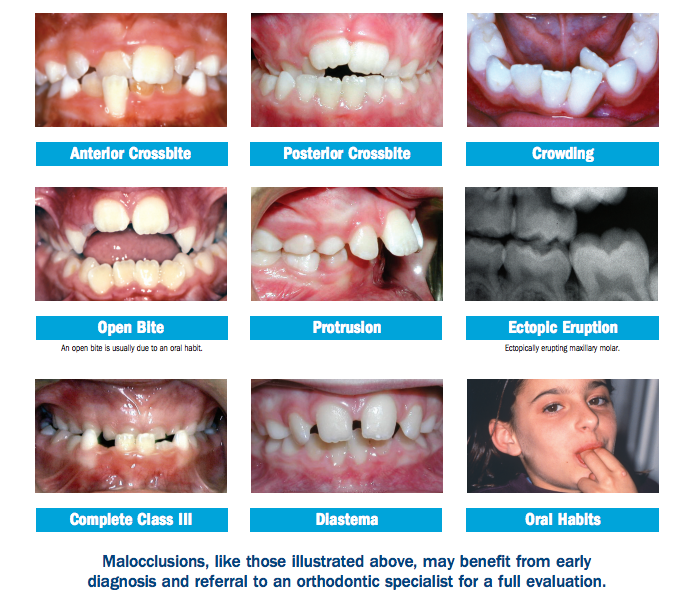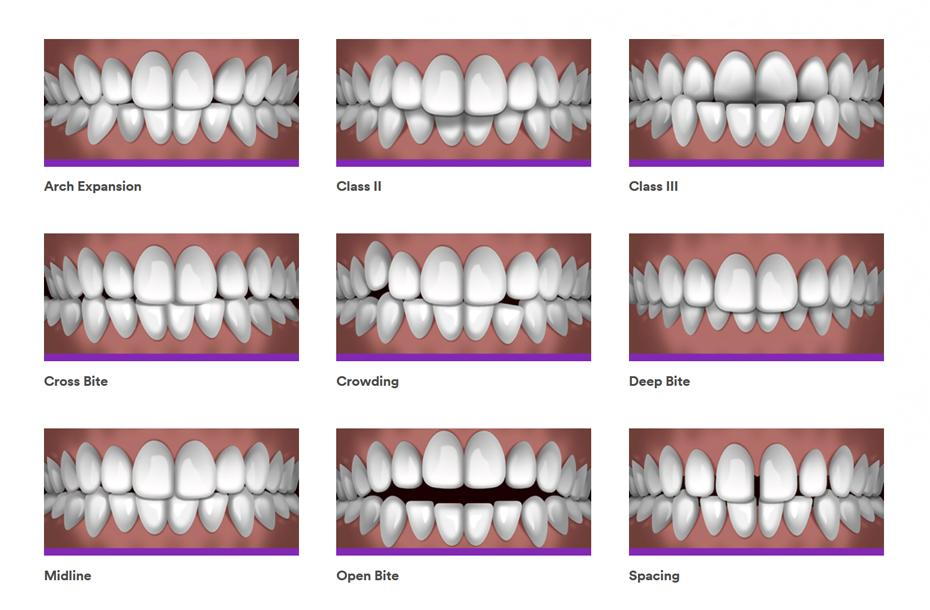Causey Orthodontics Can Be Fun For Anyone
Table of ContentsSome Known Details About Causey Orthodontics Unknown Facts About Causey OrthodonticsThe Of Causey OrthodonticsSome Known Incorrect Statements About Causey Orthodontics The Best Guide To Causey Orthodontics
Disregarding occlusal relationships, it was regular to eliminate teeth for a selection of dental issues, such as malalignment or congestion. The concept of an intact teeth was not commonly valued in those days, making bite connections appear pointless. In the late 1800s, the concept of occlusion was crucial for producing dependable prosthetic substitute teeth.As these ideas of prosthetic occlusion proceeded, it came to be an important device for dentistry. It remained in 1890 that the job and influence of Dr. Edwards H. Angle began to be felt, with his payment to modern-day orthodontics especially significant. At first concentrated on prosthodontics, he instructed in Pennsylvania and Minnesota prior to directing his interest in the direction of dental occlusion and the treatments required to keep it as a normal condition, therefore coming to be called the "dad of contemporary orthodontics".

The principle of ideal occlusion, as proposed by Angle and included into a classification system, made it possible for a change towards dealing with malocclusion, which is any type of deviation from regular occlusion. Having a full collection of teeth on both arcs was highly demanded in orthodontic treatment due to the demand for exact relationships in between them.
How Causey Orthodontics can Save You Time, Stress, and Money.
As occlusion came to be the essential top priority, facial proportions and aesthetic appeals were neglected - best orthodontist near me. To accomplish excellent occlusals without utilizing external forces, Angle postulated that having best occlusion was the very best way to acquire optimal face appearances. With the passing of time, it ended up being rather noticeable that also an exceptional occlusion was not suitable when thought about from a visual viewpoint
Charles Tweed in America and Raymond Begg in Australia (that both studied under Angle) re-introduced dentistry extraction into orthodontics throughout the 1940s and 1950s so they could improve facial esthetics while additionally making certain far better security worrying occlusal connections. In the postwar period, cephalometric radiography started to be used by orthodontists for measuring changes in tooth and jaw placement triggered by development and therapy. It ended up being apparent that orthodontic therapy might adjust mandibular development, causing the formation of functional jaw orthopedics in Europe and extraoral force measures in the US. These days, both useful devices and extraoral gadgets are applied around the globe with the objective of changing development patterns and types. Subsequently, seeking real, or a minimum of enhanced, jaw relationships had actually come to be the main purpose of treatment by the mid-20th century.
Causey Orthodontics - Questions
 The American Journal of Orthodontics was produced for this purpose in 1915; prior to it, there were no clinical goals to follow, neither any kind of accurate category system and brackets that did not have features. Up until the mid-1970s, braces were made by wrapping metal around each tooth. With advancements in adhesives, it ended up being feasible to rather bond steel brackets to the teeth.
The American Journal of Orthodontics was produced for this purpose in 1915; prior to it, there were no clinical goals to follow, neither any kind of accurate category system and brackets that did not have features. Up until the mid-1970s, braces were made by wrapping metal around each tooth. With advancements in adhesives, it ended up being feasible to rather bond steel brackets to the teeth.Andrews offered an informative interpretation of the perfect occlusion in long-term teeth. This has had significant impacts on orthodontic treatments that are provided on a regular basis, and these are: 1. Proper interarchal partnerships 2. Proper crown angulation (pointer) 3. Proper crown disposition (torque) 4. No turnings 5. Limited contact factors 6. Apartment Curve of Spee (0.02.5 mm), and based on these principles, he discovered a therapy system called the straight-wire device system, or the pre-adjusted edgewise system.
The benefit of the style depends on its brace and archwire mix, which needs only marginal cable bending from the orthodontist or clinician (Causey Orthodontics). It's appropriately called after this attribute: the angle of the port and thickness of the brace base inevitably figure out where each tooth is located with little need for added control
The Ultimate Guide To Causey Orthodontics
Both of these systems used identical braces for each and every tooth and demanded the bending of an archwire in three aircrafts for finding teeth in their wanted placements, with these bends dictating utmost positionings. When it concerns orthodontic home appliances, they are separated into two kinds: removable and repaired. Detachable devices can be taken on and off by the individual as called for.

Hence, practically all modern set home appliances can be considered variants on this edgewise home appliance system. Early 20th-century orthodontist Edward Angle made a significant contribution to the world of dental care. He produced four distinctive appliance systems that have actually been utilized as the basis for numerous orthodontic therapies today, disallowing a few exemptions.
Our Causey Orthodontics Statements

The cord finished in a thread, and to relocate ahead, an adjustable nut was made use of, which enabled for an increase in area. By ligation, each private tooth was connected to this large archwire (orthodontist services). Because of its limited series of movement, Angle was unable to attain exact tooth positioning with an E-arch
These tubes held a firm pin, which could be rearranged at each appointment in order to move them in area. Called the "bone-growing appliance", this device was supposed to encourage much healthier bone growth because of its possibility for transferring pressure straight to the roots. Implementing it verified troublesome in truth.